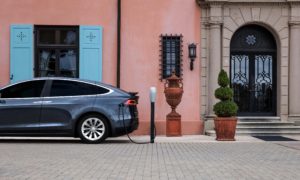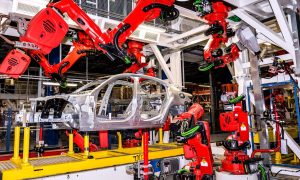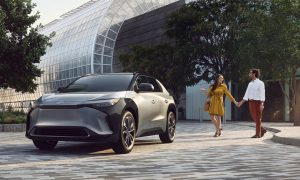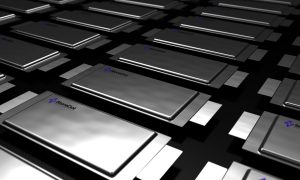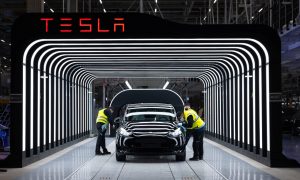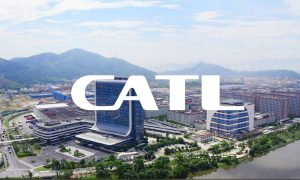News
ChargePoint raises $82 million for buildout of European charging network
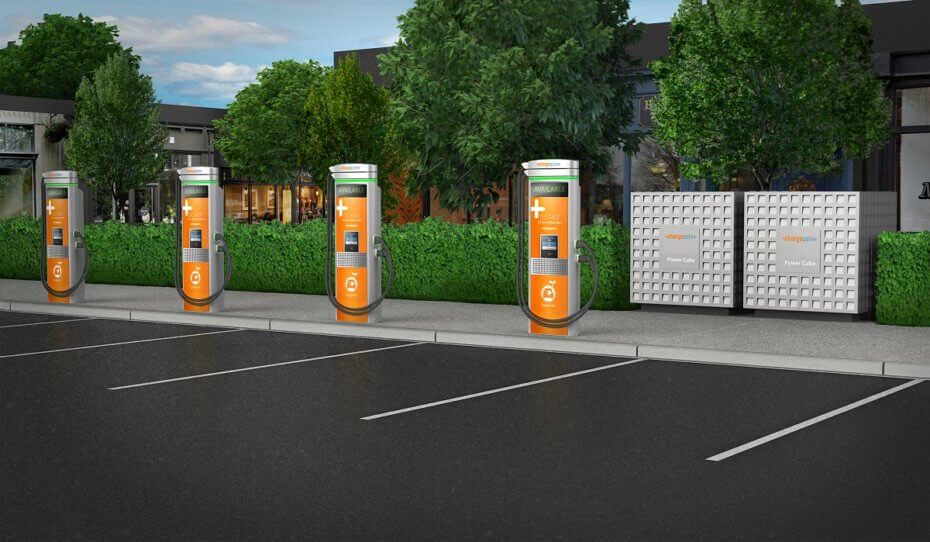
ChargePoint, one of the largest electric vehicle charging networks in the world with more than 30,000 charging stations in North America and Australia, has raised $82 million in funding as it eyes expansion across Europe.
The new funding will “support the expansion of the company’s charging network into Europe, enabling the region to complete the shift to e-mobility,” the company wrote
“Daimler is committed to supporting the future of e-mobility with a full ecosystem of connected, autonomous, shared and electric transit solutions,” explained Axel Harries, head of CASE/EVA at Daimler. “ChargePoint is the benchmark in the EV charging space, offering world-class solutions that help to address some of the fragmentation in Europe and accelerate the market’s shift toward e-mobility. As the world leader in EV charging products and services, ChargePoint is the right partner to further our deep commitment to e-mobility as the future of transportation.”
EV sales in Europe are growing faster than anywhere other world market except China partly because the European Union has some of the most aggressive emissions standards in the world. Manufacturers will be unable to meet them without incorporating plug-in hybrid technology into their existing models and offering more pure electric cars.
ChargePoint has recently introduced its high power Express Plus technology — an expandable DC fast charging system that can increase in charging power as the needs of motorists change and grow. “Express Plus is a platform built to support ChargePoint’s vision for the future of DC fast charging: ultra-fast, scalable and incredibly efficient charging that’s conveniently located where drivers need it for long trips,” said Pasquale Romano, CEO of ChargePoint.
“Express Plus charging centers can start small and grow as needed by adding charging capacity without further construction. Together with our commercial and residential charging solutions, Express Plus completes the technology offering required to make fully electric transit a reality.”
The company says its new Express Plus charger “is equipped to charge upcoming EVs such as the Tesla Model 3 (emphasis added) and is ready to deliver maximum charging speed to EVs coming to market in the years to come. A modular platform designed for businesses and charging centers along major roadways or transit depots, Express Plus can deliver up to 400 kilowatts (kW) to an EV, providing the power, speed and scalability necessary to make the future of mobility all-electric.”
Elon Musk
Kia gains Tesla Supercharger access and issues a big apology
Kia gained Tesla Supercharger access and respect from Tesla fans in the same day.
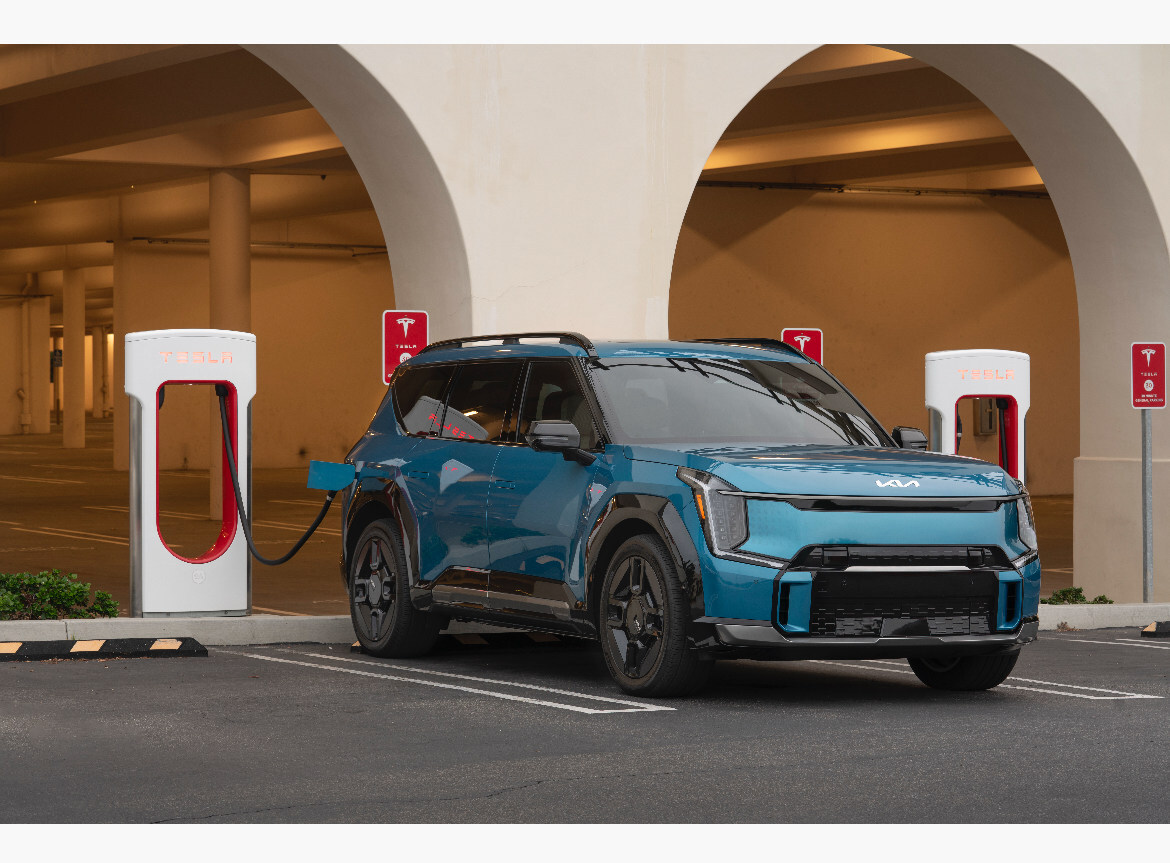
Kia has announced that owners of the EV6, EV9, and Niro EVs have officially gained access to over 21,500 Tesla Supercharger locations in North America.
However, its announcement also contained an apology to Tesla.
First, Kia said that its three EV offerings will have access to Tesla’s expansive Supercharger Network. More than 40,000 DC fast chargers are available to Kia EV drivers, a major uptick as Tesla Supercharger access nearly doubles the number of accessible piles.
Sean Yoon, President of Kia North America and Kia America, said:
“Kia is committed to an exceptional ownership experience, and expanding the network of available DC fast chargers to our EV customers is an important component to maintaining the brand’s leadership in electrified mobility. Now, with access to the Tesla Supercharger network of DC fast chargers, our EV owners can feel even more confident in their decision to purchase or lease a fully electric Kia vehicle.”
Kia owners who have a CCS1 Charging Port will have access to an NACS adapter through dealerships. This will enable compatibility, as current inlets are not NACS, the port that Tesla utilizes.
However, Kia will eliminate the need for this adapter starting with the 2025 EV6 and 2026 EV9. These will come standard with NACS inlets.
We mentioned Kia included somewhat of an apology to Tesla, which is related to social media posts from “certain Nordic distributors,” as the company puts it:
Kia paid for a front page ad on Finland’s largest newspaper to mock Elon Musk and Tesla.
Translation: “Oh, These Days of Life. If you’re unsure about driving an american electric car, welcome to the Helsinki Exhibition Centre to admire the cars of the new age.”
It’s a play on… pic.twitter.com/XfwOJVIGll
— Nic Cruz Patane (@niccruzpatane) April 5, 2025
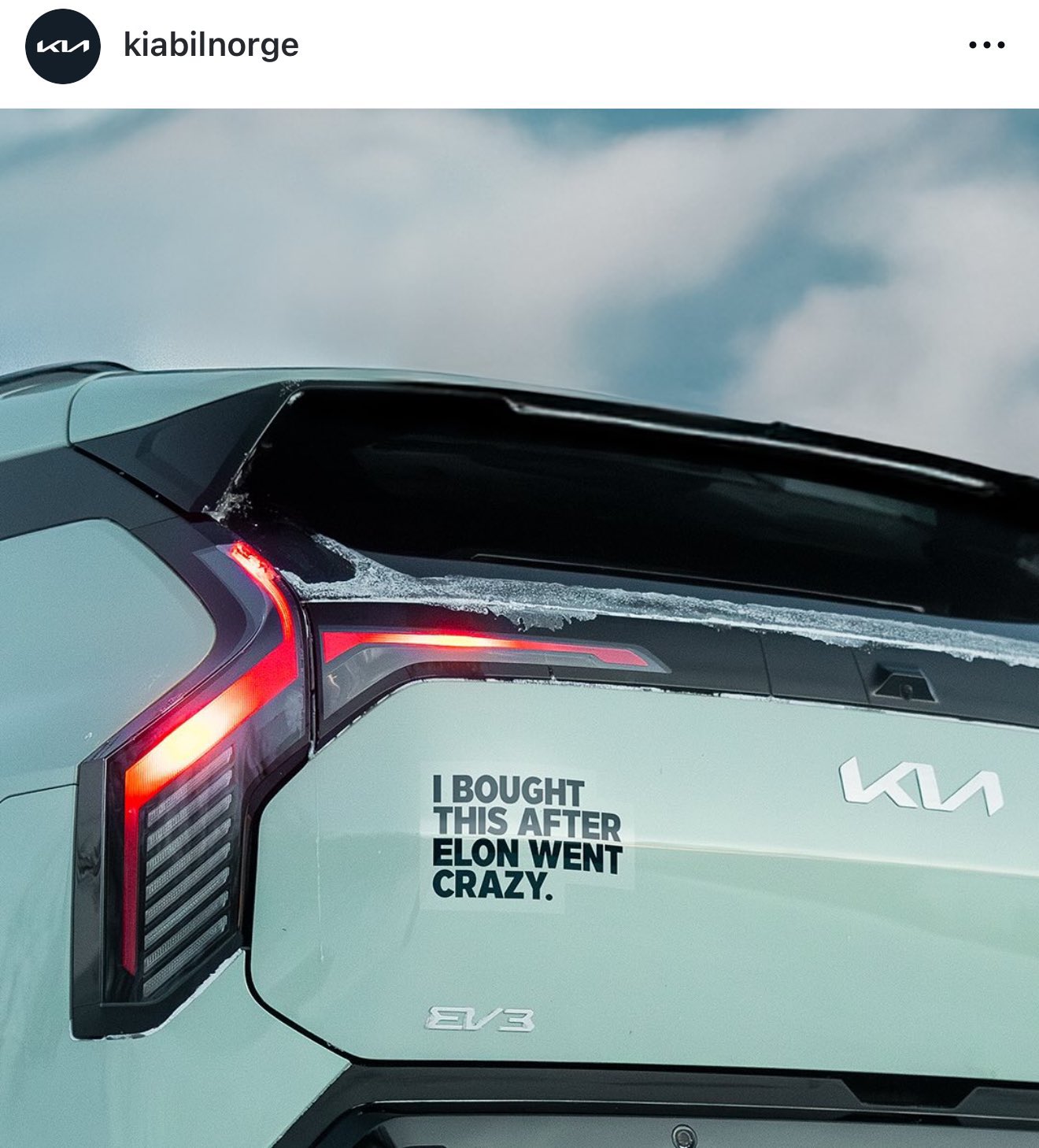
Kia said in its announcement:
“Kia America is aware of marketing posts by certain Nordic distributors. These initiatives were developed entirely independently by those distributors, without direction from Kia America, Kia Europe or Kia Global. We want it to be clear that these posts do not reflect the position of Kia America, and we remain committed to clear and professional communication that reflects our values.”
The company also said that it “condemns the recent attacks that disrupt the availability of convenient and affordable charging for our customers.”
Elon Musk
Tesla adds new child protection feature to mobile app
Tesla is rolling out within its mobile app a new feature that aims to save the lives of those forgotten in the car.
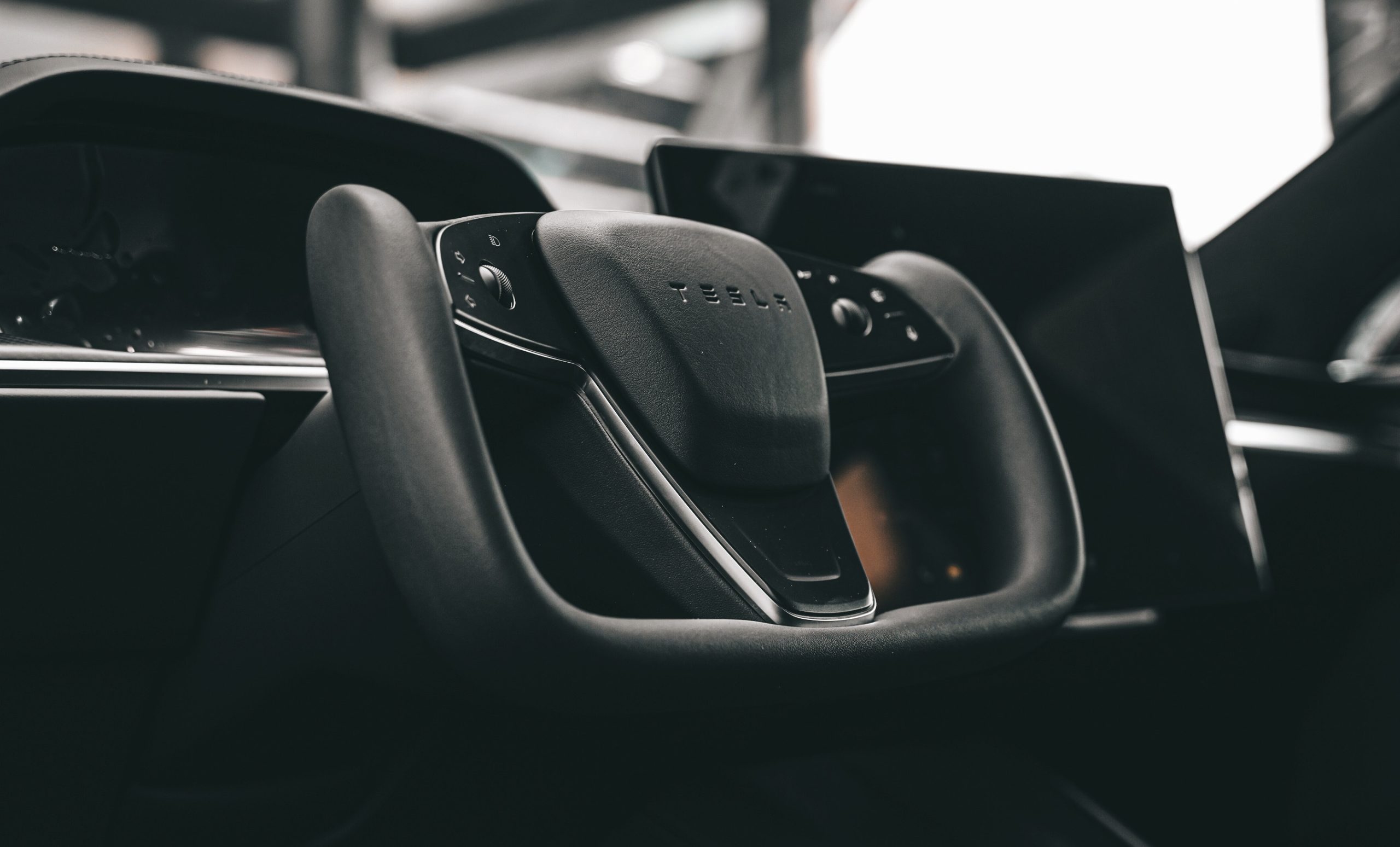
Tesla is bolstering its in-car safety system with the addition of a new feature that aims to protect children left in the vehicle, an extension of a feature it introduced with the addition of 4D radar systems.
Children are, unfortunately, victims of accidents even when a vehicle is not in motion. A report from 2024 noted that 37 children under the age of 15 die each year because they are left in cars, usually dying from heatstroke.
Tesla has made a few attempts to eliminate the possibility of this happening. Back in September, coding from Software Update 2024.32 noted that the company would be using an alert system to warn people of children left behind:
Tesla set to roll out new child safety and navigation features, coding shows
This was enabled by the use of a wave sensor within the cabin, a piece of tech Teslarati found in a filing back in 2021 with the FCC.
The entire idea behind this addition to the vehicles was to alert owners if there were passengers left in the car.
Now, Tesla is adding another level of this to its mobile app, according to a decompile of the Version 4.44.0 update, which is rolling out to customers now.
Tesla App Updates on X revealed a “Child Left Alone Detection” feature in the new app version, which has a few strings from a software perspective:
-
Cannot turn off climate when Child Left Alone Detection is active
-
Climate failed to start. Climate is unavailable when Child Left Alone Detection is active.
-
Climate controls are disabled when Child Left Alone Detection is active
-
Unable to start software update while a child is detected in your vehicle
It appears that, if the vehicle detects a child or another occupant in the car, climate controls will be disabled through the app in an attempt to maintain a proper cabin temperature. Turning the temperature up or even turning climate control off from the app will not be possible.
This is a major update to this feature as it only bolsters the safety of the occupants in the event that they are left behind. Of course, many of us might ask, “How do you leave a child in the car?”
However, it happens, as past events have shown, and this is a great way to eliminate it from happening in Tesla vehicles.
News
Tesla FSD ruins other intelligent driving systems for NIO Superfan influencer
“Since I drove FSD, I have been disenchanted with all the ‘driving assistance’ of domestic brands,” Lee wrote.
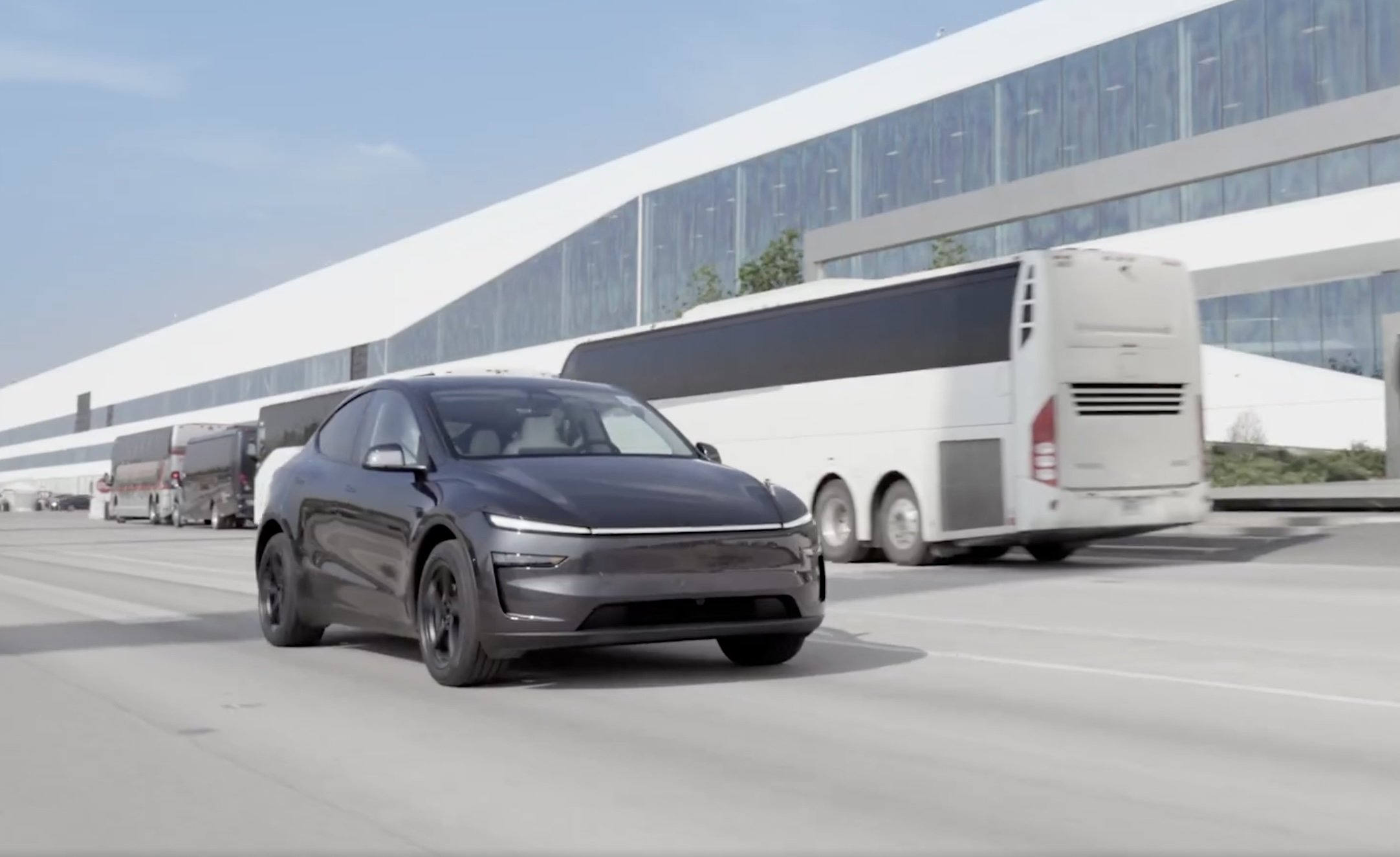
Tesla Full Self-Driving (FSD) has been making waves in China, with owners pushing the system to its limits on what appears to be a regular basis. Videos of Tesla drivers in China show FSD navigating the trickiest of roads, from busy city streets to narrow, unpaved paths in rural areas.
And as per an influencer and NIO superfan, FSD is ruining other driver-assist systems from other automakers in China.
FSD Ruins It For Influencer
China-based influencer and NIO superfan Andy Lee recently shared his thoughts about FSD on social media. As per Lee, Chinese intelligent driving systems are overhyped by marketing. But once he personally experienced FSD’s capabilities, he became disillusioned with the offerings of domestic carmakers.
“Since I drove FSD, I have been disenchanted with all the ‘driving assistance’ of domestic brands. I once thought that the ‘driving assistance’ of domestic brands could beat FSD in seconds, but it seems that I was wrong. Not only did they fail to outperform FSD, they were actually crushed in reverse,” Lee wrote in his post.
FSD could very well become Tesla’s moat since even cars that are equipped with the same hardware would not be able to perform similarly unless they have access to the company’s training data and software. Tesla’s fleet is ever-growing as well, which means that FSD will only get better over the years.
Unsupervised on the Horizon
Tesla is already using FSD Unsupervised for its vehicles that are produced in the Fremont Factory and Gigafactory Texas. As per Elon Musk during the Q1 2025 earnings call, he expects Tesla to be able to roll out FSD Unsupervised to consumers before the end of this year. He also highlighted that Tesla is being extremely careful with FSD Unsupervised’s rollout.
“Before the end of this year. Not necessarily — I say within the U.S., like we do want to test — at Tesla, we’re absolutely hardcore about safety. We go to great lengths to make the safest car in the world and have the lowest accidents per mile in.
“So we want to be very careful. We want autonomy to be definitively safer than manual driving. So it’s not enough that it just be as safe. It needs to be meaningfully safer than if the car’s manually driven,” Musk stated.
-
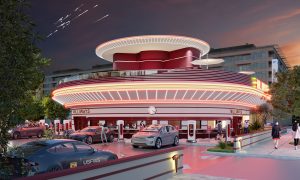
 News3 days ago
News3 days agoTesla’s Hollywood Diner is finally getting close to opening
-
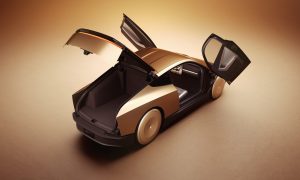
 Elon Musk6 days ago
Elon Musk6 days agoTesla doubles down on Robotaxi launch date, putting a big bet on its timeline
-

 News1 week ago
News1 week agoTesla’s top investor questions ahead of the Q1 2025 earnings call
-
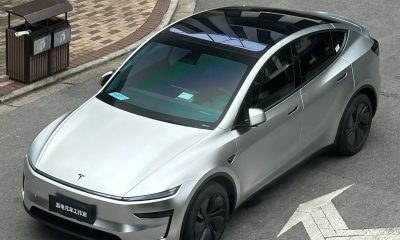
 Investor's Corner2 weeks ago
Investor's Corner2 weeks agoTesla bull sees company’s future clearly: Cathie Wood
-
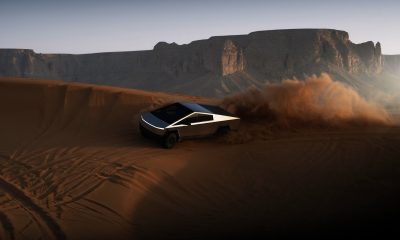
 Cybertruck2 weeks ago
Cybertruck2 weeks agoTesla confirms Cybertruck will make its way out of North America this year
-
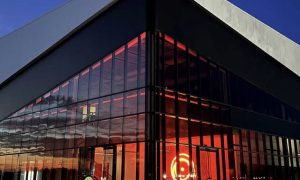
 News2 weeks ago
News2 weeks agoBell Canada takes aim at potential Starlink subsidies
-
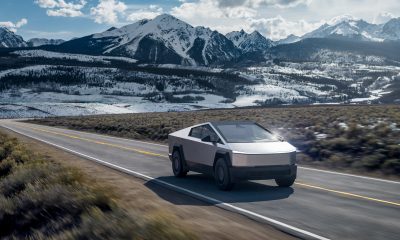
 News2 weeks ago
News2 weeks agoTesla launches cheapest and longest range Cybertruck trim yet
-
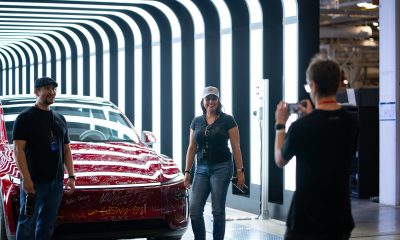
 Investor's Corner2 weeks ago
Investor's Corner2 weeks agoTesla average transaction prices (ATP) rise in March 2025: Cox Automotive

